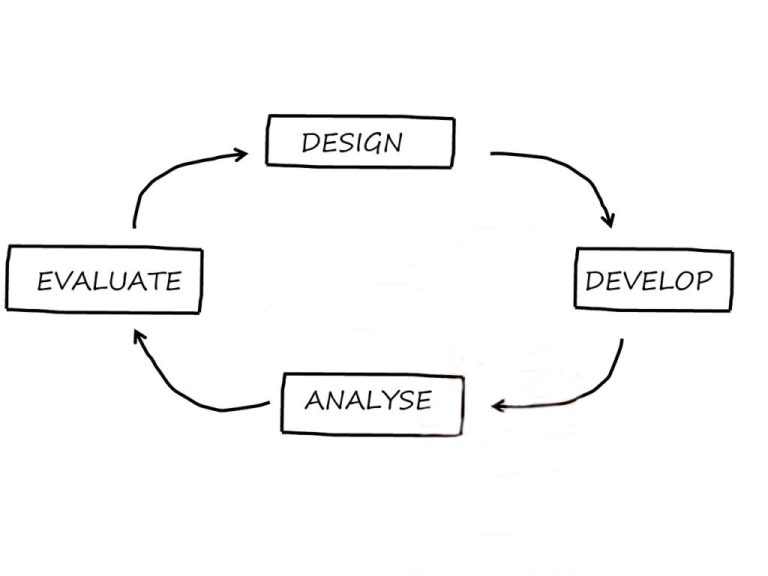What to do when audited ?
The audit by the CRA is certainly THE crucial moment in the claiming process for SR & ED tax credits. We can avoid an audit, but we can certainly minimize the negative impacts. In the first article of this series, we have established that upon the notification of an audit of your SR & ED claim you should ask your CRA advisors why was your claim selected? What are the stakes ?
Let’s move on to the second step: Who do you invite to the audit preparation ?
Why prepare?
There is at least one to two weeks between the notification and the audit meeting. Use this time to gather and prepare your team for this meeting. Too often clients have delayed the preparation until the day before the meeting. The day before is too late. There is not much left to prepare.
There are plenty of good reasons to prepare an audit meeting your SR & ED claim. This preparation is essential because:
- That is a lot of money for you
Your claims reflect who you are. For example $ 50,000 after tax for SMBs is often the difference between a loss and a profit by year end. In addition, the projects questioned are often those which represent the most money. Furthermore, if the project is not approved this year it will be even harder to claim next year.
- It is far behind
The audit covers the activities that took place last year, sometimes two or more years ago … Some employees left, the memory of those remaining is far from being perfect. Who will explain in detail what happened then ? It’ll take you a good deal of collective “brain squeezer” to restore the whole story. And even then !
- This is your opportunity to convince the CRA
If your claim is audited there is something wrong in the eyes of the CRA. The text did not convince them. So here you have a second opportunity to convince them of the merits of your claim.
Prepare who?
You bring in only the staff relevant to our argument. For example, in a software project, it is unnecessary to bring the four programmers who contributed. The leader of the team, if he is technical, should testify for the major technological challenges encountered.
- Normally one person is enough to submit the technical side of a project, another may explain the costing for all the projects.
- The president or head of R & D should be present, prepared and available throughout the entire meeting.
- You used technical subcontractors and they are important to explain the challenges met during the project ? So we must invite them to the preparation.
Please note, subcontractors are a double-edged weapon in an audit meeting. They should explain their small contribution to the project. But you must maintain your position as the technology guru of the project. Ideally, the presentation of your subcontractors should be like: “we asked them to do this in this context,” not “they were asked to solve the technical problem.” Because if they explain that they have solved the only uncertainty of the project, this does not strengthen your technological leadership in this project … and you probably would be better to do without them.
- You think today’s employees will not be able to explain the technical problems and uncertainties met during the development process ? We must then consider calling some former employees who were at the core of the project.
It will cost you one or two days of their time and it is usually possible to get their new employer’s collaboration. It is possible, of course, if you’re still on good terms with this former employee …
- Beware of the balance of power at the table. If the CRA sent two people they might feel insecure when they see six or seven people on your side.
If all these people are required for your argument, so plan their appearance and departure. In this way, for example, you’ll never be more than double them. And everybody in the room will have a useful role at that time.
- You have used a R&D preparer service ? This is the best time to measure their professional utility.
What do they really know about what’s coming? How many audits did they live through? In what role? Do they know the CRA advisor who will be in front of us? What can they say about him? Do you know about their own reputation with the CRA? What preparation do they have to offer? How many representatives does the consultant plan to bring?
- You do not have a R&D consultant or you doubt their competence to support you? We are here to support you, obviously, even if you worked with another consultant. The most important thing is to get you the best support available and for you to feel strong with your team at your claim’s most crucial moment. It is your money, once again.
A good R & D consultant is essential for the preparation of the audit meeting and for the resulting negotiations. But he must be low-key during the meeting, acting like a guardrail along a mountain road: useful only when necessary. The CRA advisors clearly prefer talking to your employees … rather than your R & D consultant. The only exception is if the consultant knows the advisor VERY WELL. Again, the consultant may be used to reduce tension, to direct the discussion to the relevant (and favorable) arguments, but he will never become the star of the show.
In the next article we discuss how to prepare your team for the audit meeting.
What do you think ? Have you been in audits where you had no idea what was coming until the “train was on you”? How have you prepared (or not)? What were the results? What lessons have you learned? Why ?









